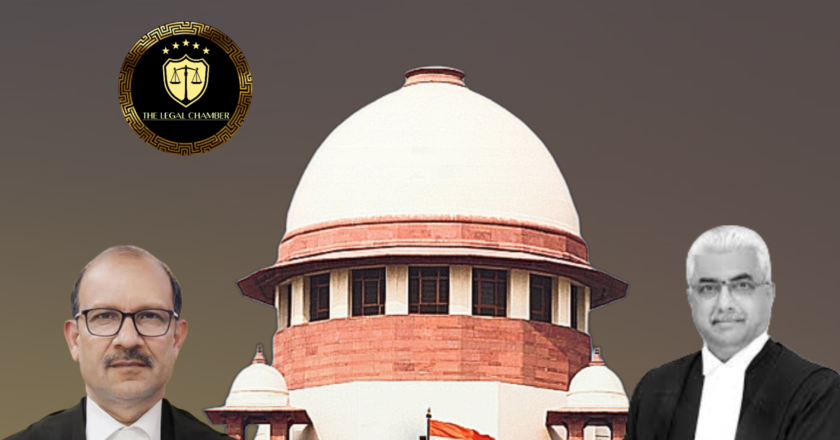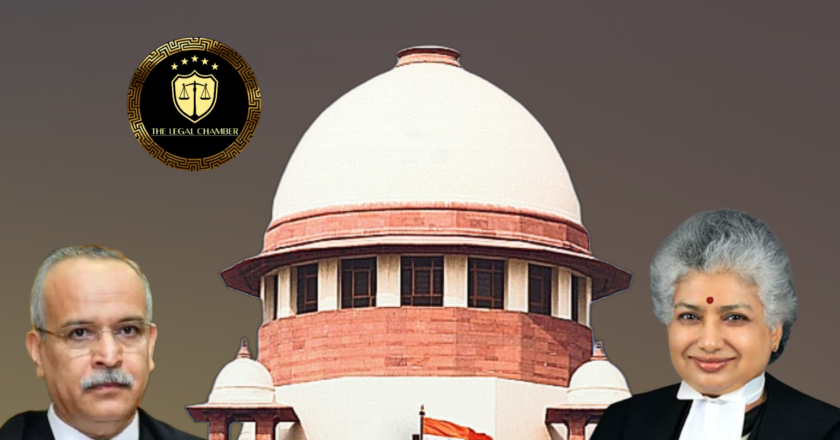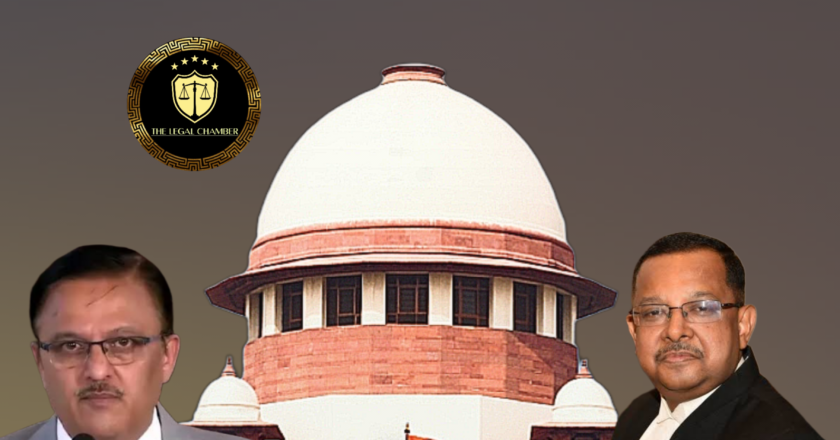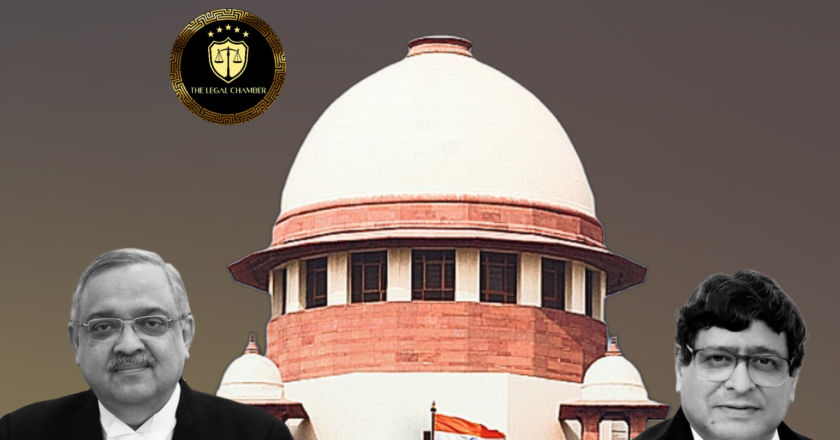Supreme Court Slashes NGT’s ₹50 Crore Fine, Rules Turnover Can’t Dictate Environmental Penalty
In this judgment, the Supreme Court curtailed the National Green Tribunal's (NGT) powers, ruling that environmental compensation cannot be arbitrarily linked to a polluter's turnover, lacking a direct nexus to the actual damage. It also held that the NGT lacks jurisdiction to direct investigations by the Enforcement Directorate under the PMLA, affirming that such actions require a scheduled offence to be registered. The Court emphasized that penalties must be determined based on established methodologies and legal principles, not rhetoric.
Facts Of The Case:
The case originated from a Public Interest Litigation (PIL) filed by Adil Ansari before the National Green Tribunal (NGT) in 2019 against M/s C.L. Gupta Export Ltd. The allegations were that the company, an exporter of handicraft ite...







